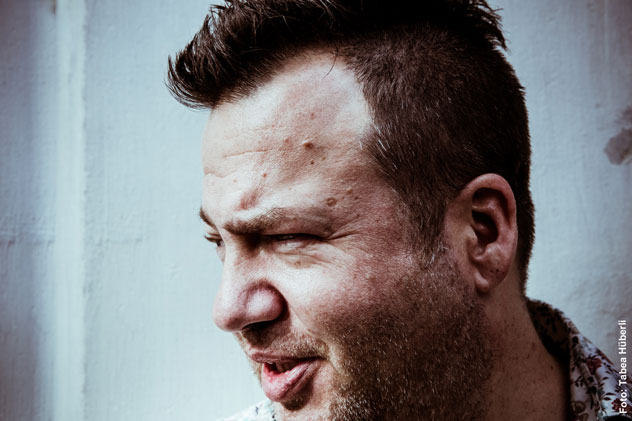Artificial Intelligence (AI)
Generative artificial intelligence (AI) is dependent on works created by humans. Without huge volumes of data - in the form of artistic and scientific creations - on which to train, AI models would be incapable of delivering any results. Yet the providers of AI models continue to refuse to remunerate the cultural industry, the actual driver of its engine.
A study prepared by CISAC (the international umbrella federation of collective management organisations) shows that, because of generative artificial intelligence (AI), authors in the audiovisual and music sectors will suffer a drop in revenues of between 21% and 24% by 2028. As providers of the AI models, the technology companies are the profiteers from this development.
In practice, published works of art (primarily music, film and literature) are used as training data for generative AI applications. It is only thanks to this reservoir of material that AI models are capable of generating new music, books, films, etc. based on instructions, or “prompts”, from the user. The raw material is generally used for free, without rightholder consent. Moreover, the output thus generated competes with the works that were used without permission, and therefore, with the cultural industry. Already about 18% of the new songs released on Spotify were generated by AI (status: June 2025 / see KI-Musik: Spotify-Chef begrüsst den Trend - 20 Minuten). And there is no transparency about which works and which recordings were used as training material by the providers of AI models.
The legal situation is clear: the Copyright Act (CopA) confers on authors, publishers, performing artists, recording producers and broadcasters exclusive rights empowering them to decide on the use of their works and services. This principle, which is also standard in international law, is consistently disregarded by the providers of AI models.
Against this backdrop, Swiss policy-makers are called upon to develop solutions, through motions and parliamentary debates, which comply with copyright law while taking into account the concerns of business and academia. The collective management organisations – as the representatives of the rightholders concerned – are offering their assistance in developing and implementing effective and efficient licensing models. Only fair and practicable solutions can guarantee the preservation of our culture (and cultural economy) and legal certainty for users.
Swisscopyright Commentaries
(only in German and French)
2503_Ausschnitt_Sessionsbrief_Lizenzen-fuer-KI_Schutz-vor-Missbrauch.pdf
2502_Ausschnitt_Sessionsbrief_KI-Position_DE.pdf
2501_Ausschnitt_Sessionsbrief_KI-Regulierung_DE.pdf
2402_Ausschnitt_Sessionsbrief_KI-Förderung_DE.pdf
Further information
11 Dec.2025: Article Pro Litteris «Lizenzen für generative KI» (in German)
12 Feb.2025: OFCOM communication regarding ‘Overview of artificial intelligence regulation’: Artificial intelligence (Overview)
November 2024: Study on the economic impact of generative AI in music and audiovisual industries, CISAC (the International Confederation of Societies of Authors and Composers): CISAC/PMP Strategy AI Study | CISAC
Motions
(Scroll page "Politics" of Swisscopyright)
24.4596 Motion by SC Gössi Petra
Better protection of intellectual property against misuse by AI
24.3839 Interpellation by SC Stark Jakob
AI regulation. Swiss creative industries depend on enforcement of copyright
24.3140 – Postulat by SC Michel Matthias
Innovative environment for AI testing and promotion
23.3807 Motion by NC Min Li Marti
Adoption of EU regulation in the area of artificial intelligence
23.3201 – Postulat by NC Marcel Dobler
Legal situation of artificial intelligence. Clarify uncertainties, promote innovation!


